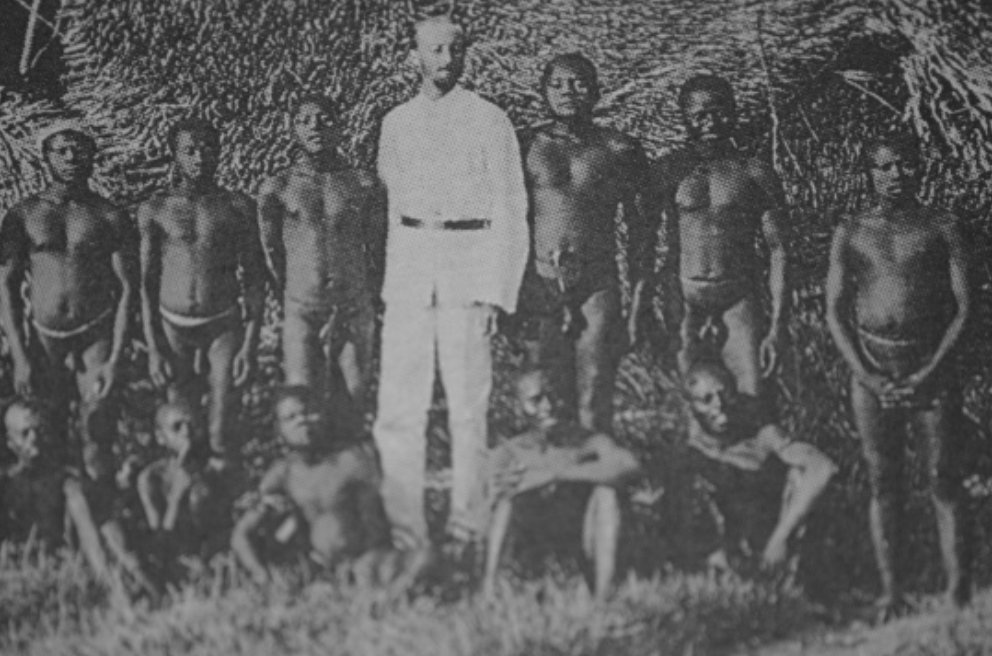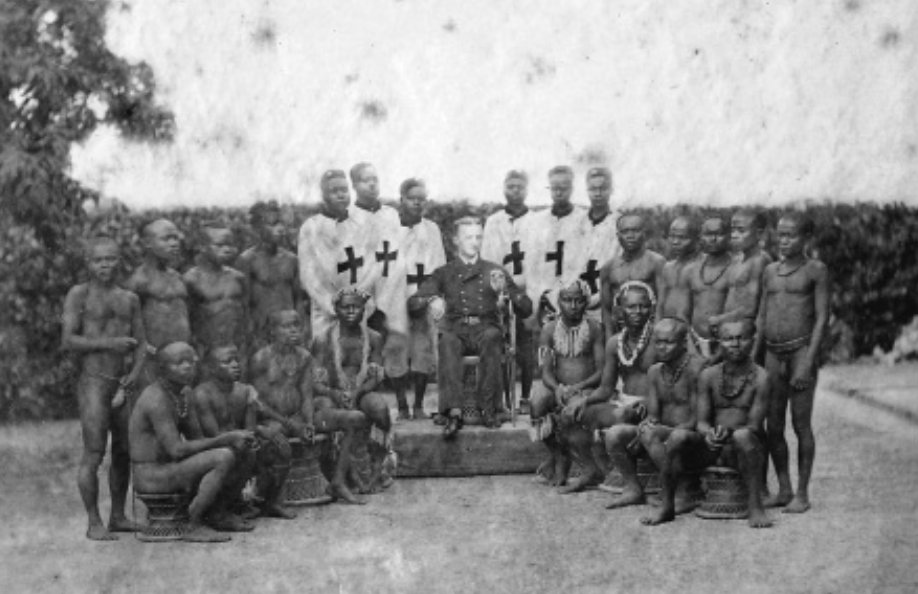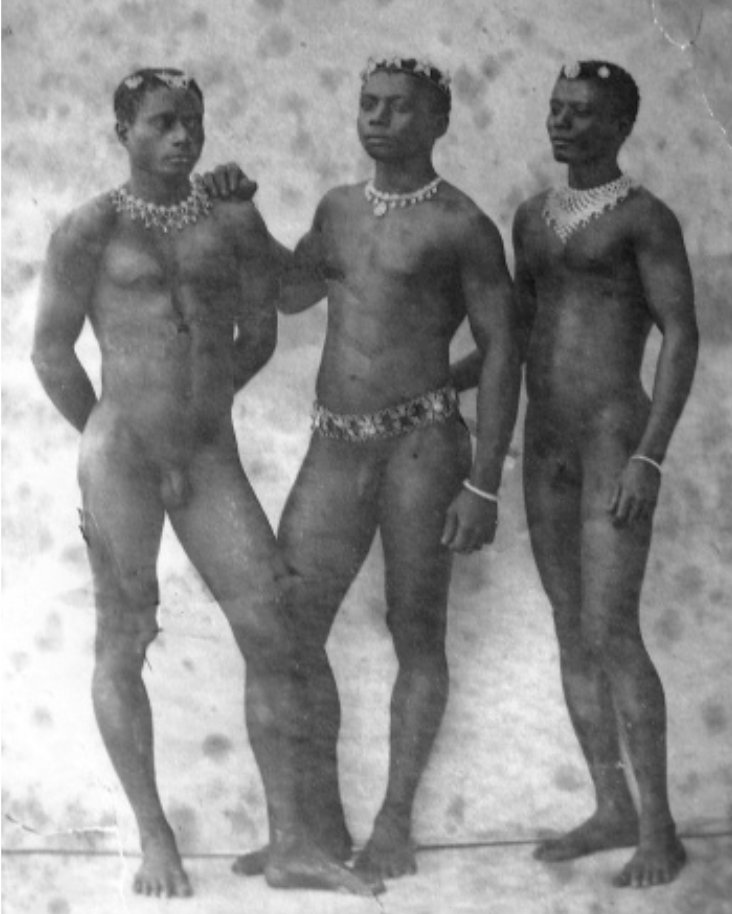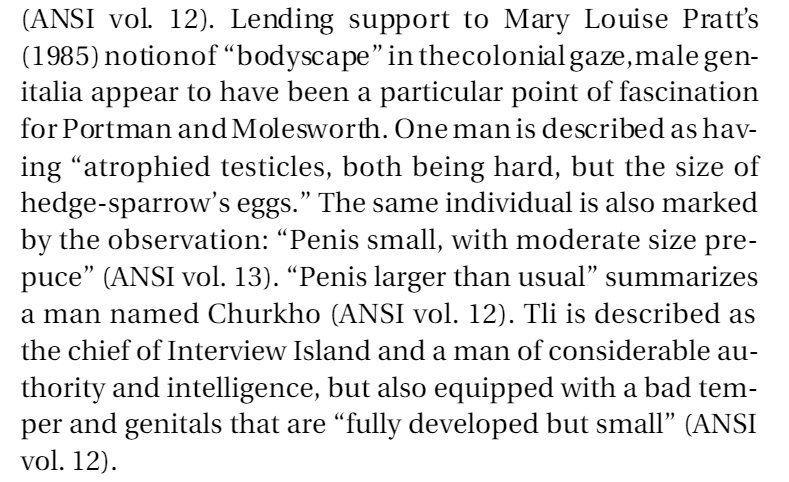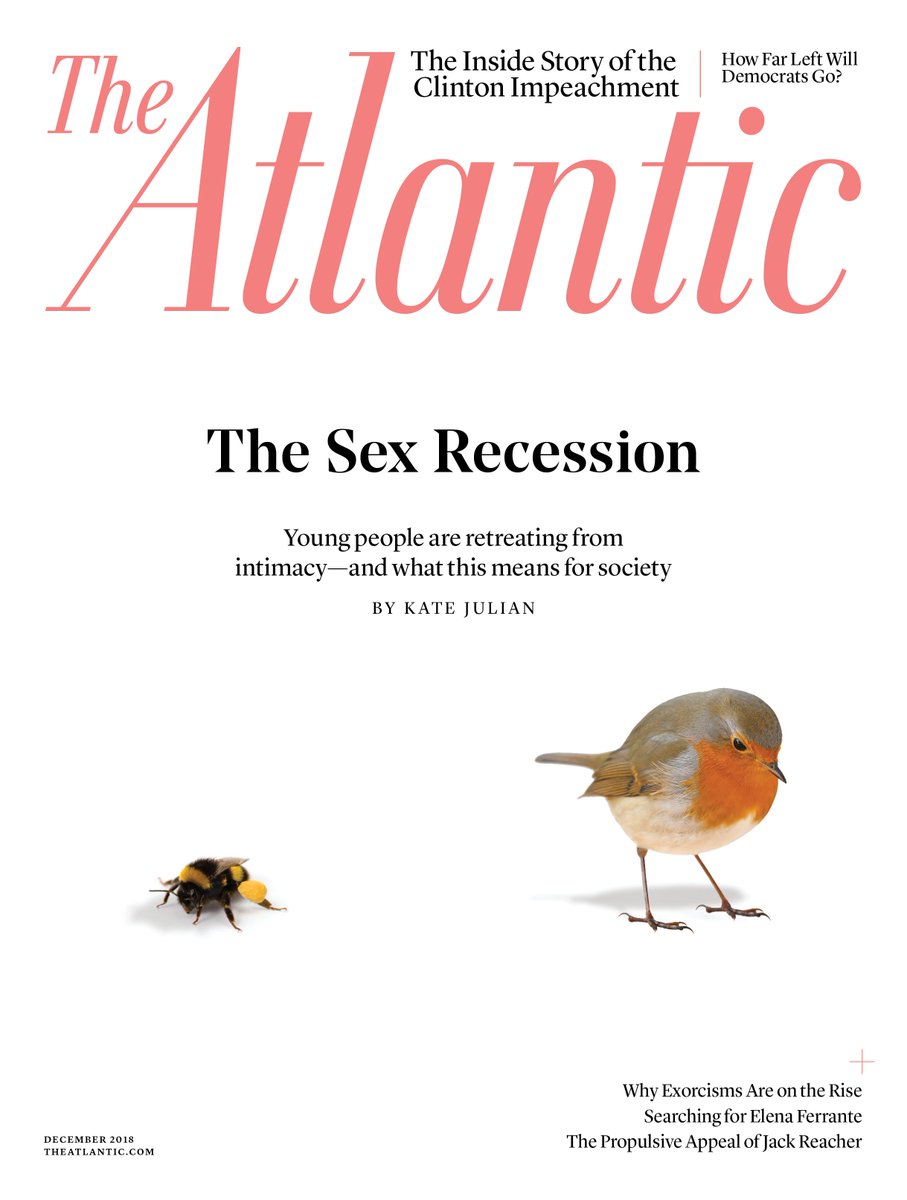Things we don’t learn in this article: that the author wrote David Cameron’s speeches during the period when they were intentionally underfunding the NHS and other services, directly creating the problem the author is concerned about now.
Today we learn health services are brutally underfunded with scant support for hard pressed staff, although it\u2019s left unclear who is responsible for that and it appears to be an exceptional, totally unpredicted phenomenon, like a freak weather event. pic.twitter.com/StwFR7RejE
— Flying_Rodent (@flying_rodent) January 25, 2021
More from Writing
I want to talk about how western editors and readers often mistake protags written by BIPOC as "inactive protagonists." It's too common an issue that's happened to every BIPOC author I know.
Often, our protags are just trying to survive overwhelming odds. Survival is an active choice, you know. Survival is a story. Choosing to be strong in the face of the world ending, even if you can't blast a wall down to do it, is a choice.
It's how we live these days.
Western editors, readers, and writers are too married to the three-act structure, to the type of storytelling that is driven by conflict, to that go-getter individualism. Please read more widely out of your comfort zone. A lot of great non-western stories do not hinge on these.
Sometimes I wonder if you're all so hopped up on the conflict-driven story because that's exactly how your colonizer ancestors dealt with people different from them. Oops, I said it, sorry not sorry. Yes, even this mindset has roots in colonialism, deal with it.
If you want examples of non-conflict-driven storytelling google the following: kishoutenketsu, johakyu, daisy chain storytelling/wheel spoke storytelling. There was another one whose name I forgot but I will tweet it when I recall it.
Writing tip: let\u2019s talk about the INACTIVE PROTAGONIST. I\u2019ve seen a lot of amazing books lately with incredible plots, intricate worlds, and just really great writing with one recurring issue, which is the inactive protagonist. I think it can get tough when you\u2019re writing (1/10)
— Briston Brooks (@briston_brooks) January 26, 2021
Often, our protags are just trying to survive overwhelming odds. Survival is an active choice, you know. Survival is a story. Choosing to be strong in the face of the world ending, even if you can't blast a wall down to do it, is a choice.
It's how we live these days.
Western editors, readers, and writers are too married to the three-act structure, to the type of storytelling that is driven by conflict, to that go-getter individualism. Please read more widely out of your comfort zone. A lot of great non-western stories do not hinge on these.
Sometimes I wonder if you're all so hopped up on the conflict-driven story because that's exactly how your colonizer ancestors dealt with people different from them. Oops, I said it, sorry not sorry. Yes, even this mindset has roots in colonialism, deal with it.
If you want examples of non-conflict-driven storytelling google the following: kishoutenketsu, johakyu, daisy chain storytelling/wheel spoke storytelling. There was another one whose name I forgot but I will tweet it when I recall it.









